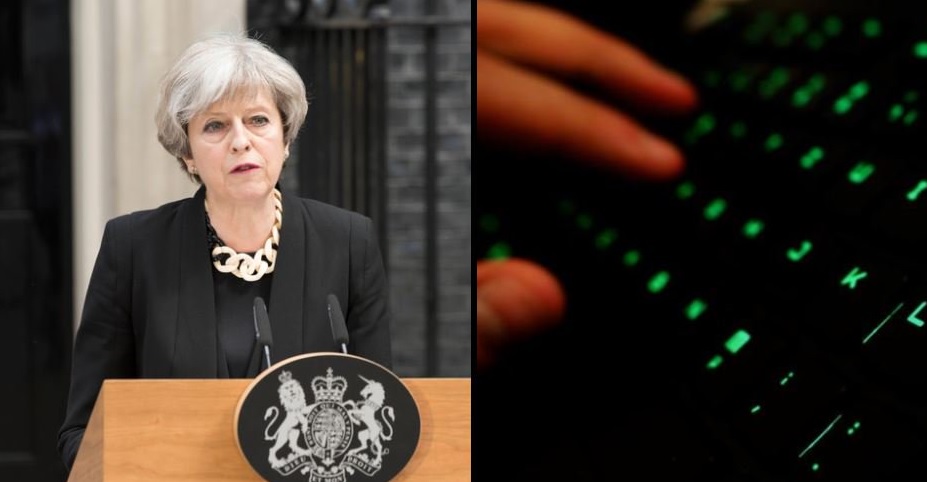cyber terrorism
Blog
Identifying Radical Content Online
February 14, 2018By Ryan Scrivens and Garth Davies Violent extremists and those who subscribe to radical beliefs have left their digital footprints online since the inception of the World Wide Web. Notable examples include Anders Breivik, the Norwegian far-right terrorist convicted of killing 77 people in 2011, who was a registered member of a white supremacy web forum and had ties ...
Blog
The UK’s plan to deny terrorists ‘safe spaces’ online would make us all less safe in the long run
June 21, 2017By Molly Land In the wake of the recent attacks in Manchester and London, British Prime Minister Theresa May has called on social media companies to eliminate “safe spaces” online for extremist ideology. Despite losing the majority in the recent election, she is moving forward with plans to regulate online communications, including in cooperation with ...
Blog
Telegram: The Mighty Application That ISIS Loves – PART II
June 14, 2017This post is Part 2 of 2. Click here for Part 1 By Ahmet S. Yayla & Anne Speckhard Reaching out on to ISIS members via Telegram channels is a significant challenge for beginners. First of all, as the Telegram application is installed, the application copies all the contact numbers on one’s cell phone and connects the ...
Blog
Telegram: The Mighty Application that ISIS Loves – Part I
June 7, 2017By Ahmet S. Yayla & Anne Speckhard ISIS has been the most successful terrorist organization in history using social media and the Internet for distributing its propaganda, dissemination of its news and more importantly to communicate. There is no doubt that the frequency and quality of ISIS posts on the Internet, including their videos, memes ...
Blog
Terrorist Use of the Internet by the Numbers: Part I – Quantifying Behaviours, Patterns, and Processes Using Open Sources
March 22, 2017This post is Part 1 of 3. Background Previous research on terrorist use of the Internet generally discusses the opportunities offered by the Internet to terrorist groups. Such accounts implicitly view the interaction between the Internet and the user as uni-directional (i.e. exposure to Internet content may cause behaviour change). This lacks an acknowledgement that not ...
Blog
Some Recent Trends in the Use of the Internet/ICT for Terrorist Purposes – Part I
November 2, 2016The following is the first of three blog posts reporting on discussions at a workshop held in the Swiss Federal Institute of Technology, ETH Zurich, Switzerland on 25 August 2016 under the auspices of the UN Counter Terrorism Committee Executive Directorate (UNCTED) and the Swiss-based ICT4Peace Foundation and their joint project on ‘Private Sector Engagement ...
Blog
Women’s Key Role in Islamic State Online Networks, Explained
October 5, 2016By Neil Johnson In early September, three women were arrested in Paris for attempting to detonate a car bomb outside Notre Dame cathedral. “If at first it appeared that women were confined to family and domestic chores by the Daesh terrorist organization, it must be noted that this view is now completely outdated,” François Molins, a ...






